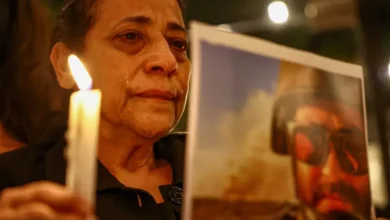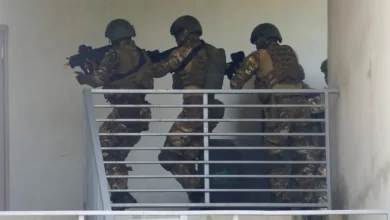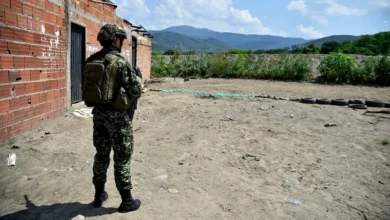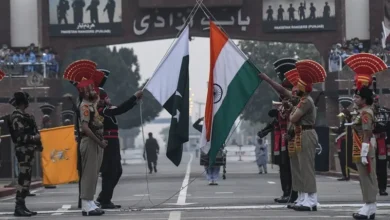Israeli government seeks extension on military ultra-orthodox conscription deadline

The Israeli government sought another deferral on Thursday of a looming Supreme Court-enforced deadline for it to come up with a new military conscription plan that would address mainstream anger at exemptions granted to ultra-Orthodox Jews.
The court, hearing appeals that described the decades-old waiver as discriminatory, had given March 31 as the original deadline. That was extended to April 30 at the request of the government, which argued it was busy waging the Gaza war.
In a new request, the Justice Ministry asked for a deferral to May 20, citing a lag in appointing a government lawyer and “significant national-security events” of recent days which, it said, had halted government work on a conscription blueprint.
That appeared to refer to an unprecedented Iranian drone and missile salvo against Israel on April 13-14, a surge in fighting on the Lebanese front and Israeli preparations to invade the southern Gaza city of Rafah as part of the offensive to crush Hamas.
There was no immediate response from the Supreme Court.
The ultra-Orthodox conscription waiver has become especially charged as Israel’s armed forces, made up mostly of teenaged conscripts and older civilians mobilised for reserve duty, are overstretched by the multi-front war now in its seventh month.
Prime Minister Benjamin Netanyahu’s coalition includes two ultra-Orthodox parties that regard the exemptions as key to keeping their constituents in religious seminaries and away from a melting-pot military that might test their conservative customs.
The ultra-Orthodox make up 13 percent of Israel’s 10 million population, a figure expected to reach 19 percent by 2035 due to their high birth rates. Economists argue that the conscription waiver keeps some of the community unnecessarily out of the workforce, spelling a growing welfare burden for middle-class taxpayers.
Israel’s 21 percent Arab minority are also mostly exempted from the draft, under which men and women are generally called up at age 18, with men serving three years and women two.
The extension request was scorned by Yair Lapid, the secularist head of the parliamentary opposition, who accused the “reckless” government of trying to deceive the country with excuses.
“If we don’t enlist together, they should not be spreading slogans about how we will be victorious together,” he said in a post on X.










